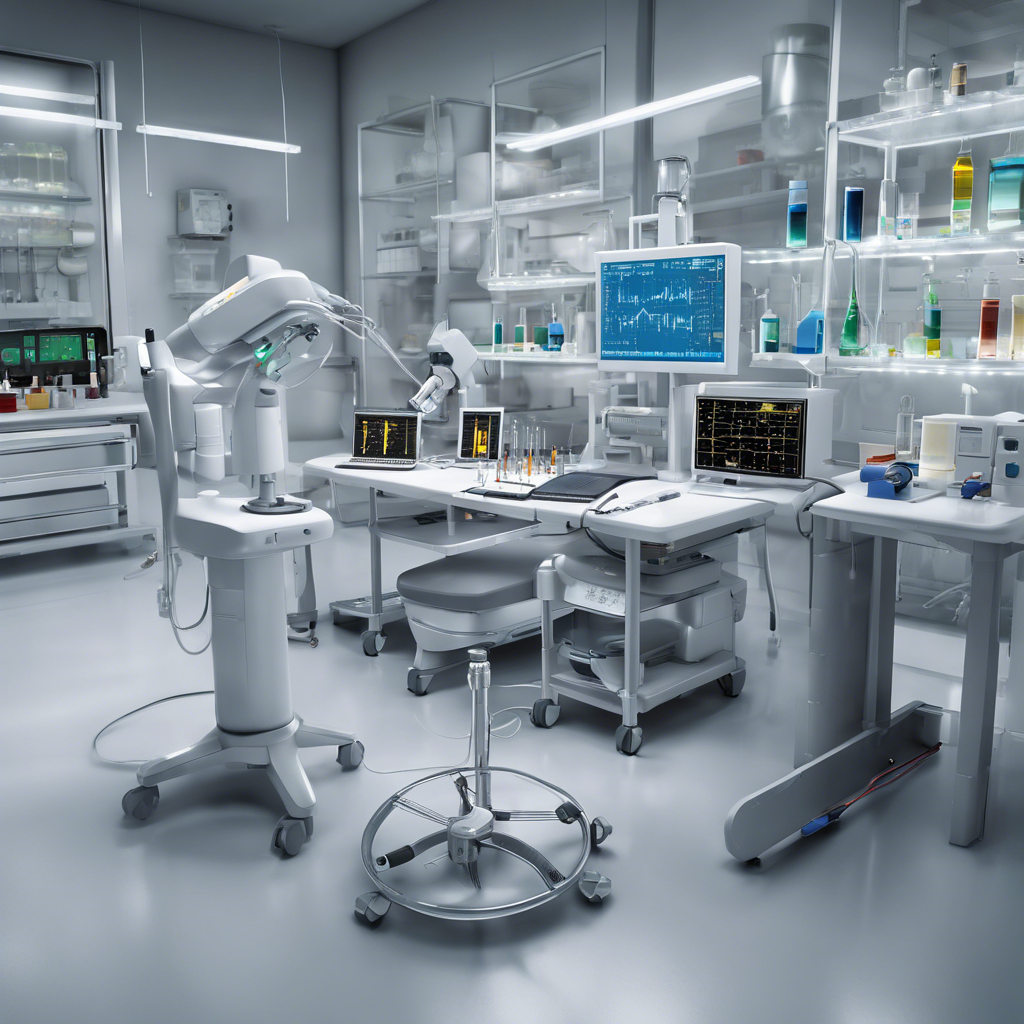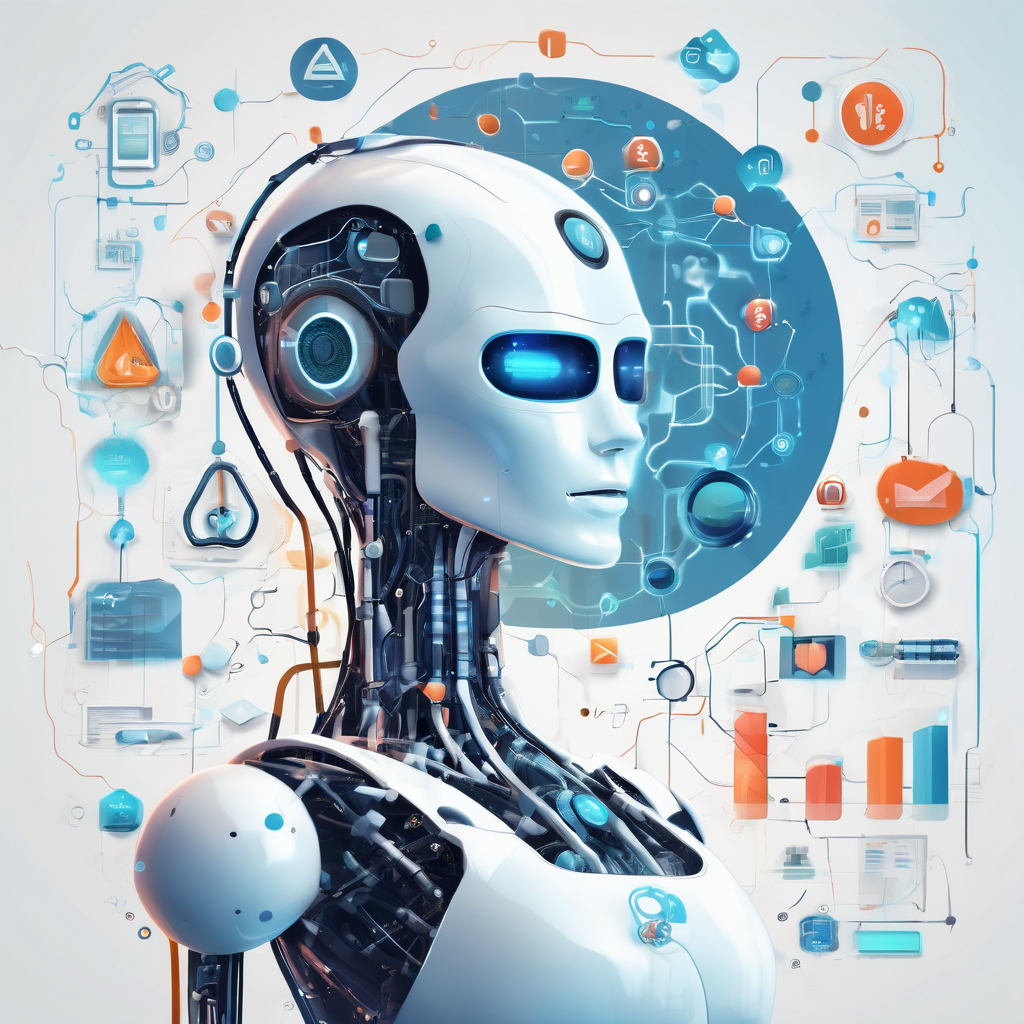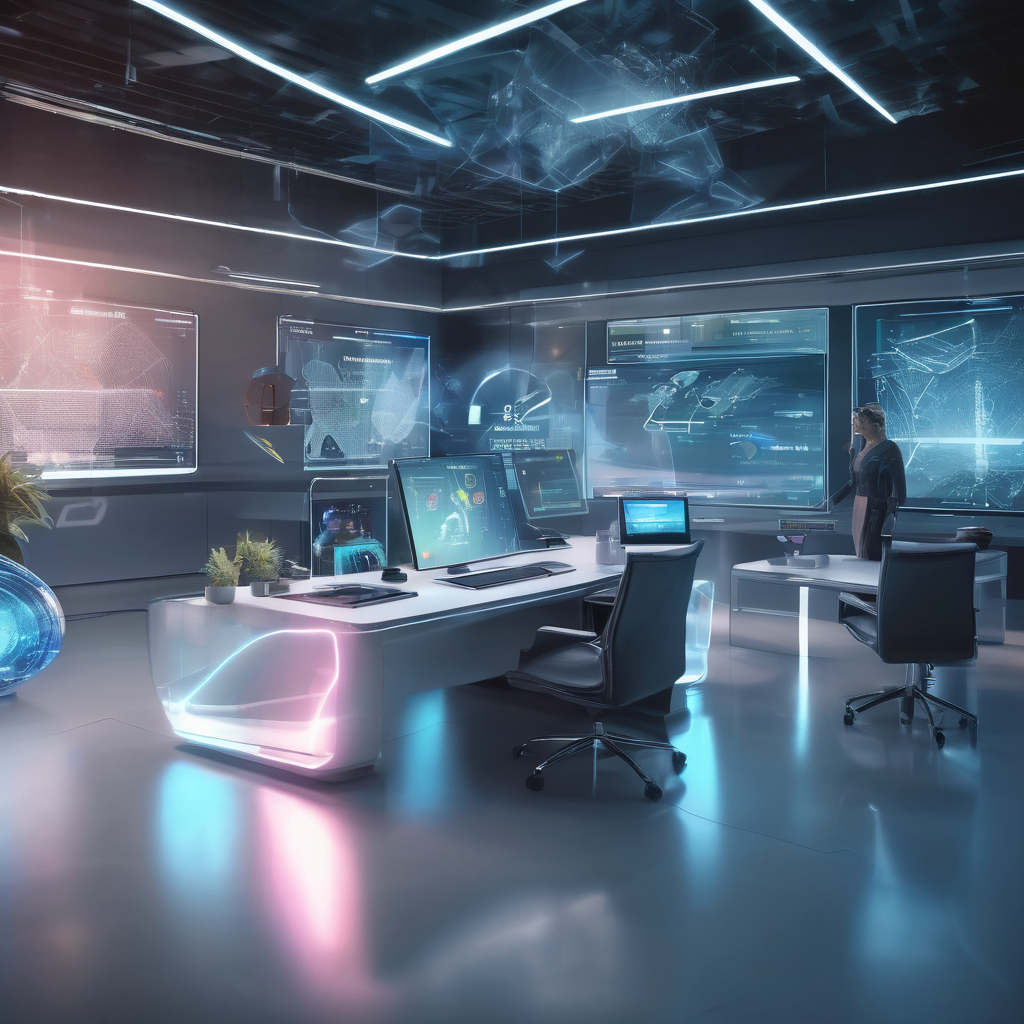
Have you ever questioned whether that old carton of fruit juice tucked away in your fridge is still good to drink?A groundbreaking "electronic tongue" might have the answer. This system, utilizing artificial intelligence (AI), excels at detecting food safety and freshness concerns. Researchers shared their findings in a report on October 9 published in the journal Nature, showcasing how AI facilitates decision-making processes. To create this artificial tongue, scientists employed an ion-sensitive field-effect transistor—an instrument capable of sensing chemical ions. This sensor gathers data about the ions present in a liquid and converts that data into an electrical signal, which can then be interpreted by a computer. "We're working to develop an artificial tongue, but the experience of tasting various foods involves more than just the tongue itself, " explained Saptarshi Das, an engineer at Penn State University and co-author of the study. "The tongue has taste receptors that interact with different food substances and transmit that information to the gustatory cortex—a type of biological neural network. " In this innovative system, the sensor serves as the tongue while AI functions as the gustatory cortex, the brain area responsible for taste perception. The team connected the sensor to an artificial neural network, a machine learning framework designed to emulate how the human brain processes information, allowing it to analyze and interpret the data captured by the sensor. Initially, Das and his team provided the neural network with several parameters to assess the acidity of various liquids. Utilizing these parameters, the neural network achieved an accuracy rate of approximately 91% in determining acidity.
When the researchers allowed the neural network to establish its own parameters for the acidity analysis, the accuracy surpassed 95%. Next, they evaluated the system on actual beverages. The electronic tongue was able to differentiate between similar brands of soft drinks or coffee blends, determine if milk had been diluted, recognize when fruit juice was spoiled, and detect harmful per- and polyfluoroalkyl substances (PFAS) in water. By employing a technique called Shapley Additive Explanations, the researchers identified which factors the neural network deemed most crucial for its conclusions. This approach aids scientists in understanding the decision-making processes of neural networks, which remains a key question in AI research, according to the team. "The network focused on more nuanced characteristics within the data—elements that we, as humans, often find challenging to articulate, " Das stated. "Additionally, by considering the sensor's characteristics in their entirety, the neural network minimizes discrepancies that might arise from day-to-day variations. " This capacity to compensate for variations can enhance the sensor's reliability in different applications. The neural network's decision-making capability addresses inconsistencies that currently limit the reliability of ion-sensitive field-effect transistors under certain conditions. "We discovered that we can accept imperfection, " Das remarked. "That's the essence of nature—it encompasses various imperfections yet can still arrive at reliable decisions, just like our electronic tongue. "
AI-Powered Electronic Tongue Revolutionizes Food Safety


The Hitachi Group has agreed to acquire synvert, a Germany-based company, as a wholly owned subsidiary of its US subsidiary, GlobalLogic Inc., from Maxburg, a private equity fund specializing in founder-led technology firms in the German-speaking region.

This article explores the evolving interplay between AI and SEO, highlighting the ongoing importance of robust SEO practices in the era of artificial intelligence.

The company announces that it intends to use the newly acquired funding to broaden its operations and enhance its AI-driven sales training technology, which features interactive simulations.

Omneky Inc., a leading provider of AI-driven advertising solutions, has achieved SOC 2 Type II compliance, marking a major milestone in its dedication to data security and privacy.

For a more accessible video player, please use the Chrome browser.

NEW YORK, Oct.

Former Apple CEO John Sculley considers OpenAI as Apple’s first significant competitor in many years, highlighting that AI has not been a particular strength for Apple.
Automate Marketing, Sales, SMM & SEO

and get clients on autopilot — from social media and search engines. No ads needed
and get clients today